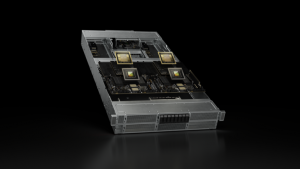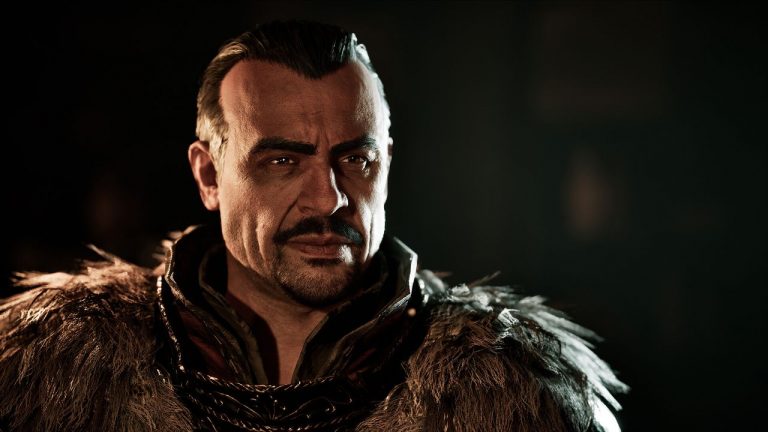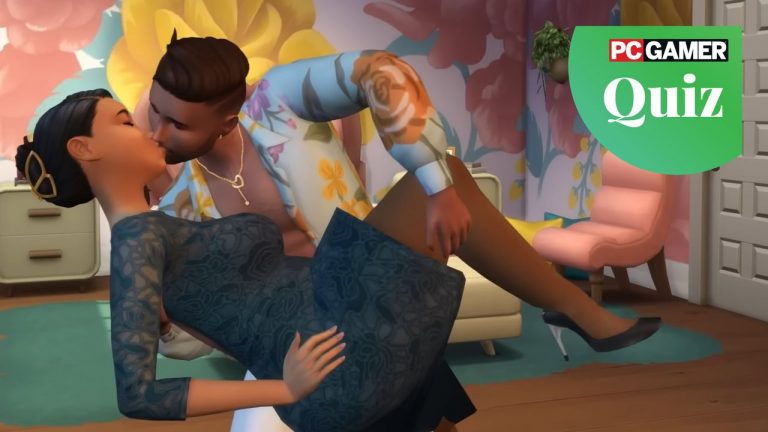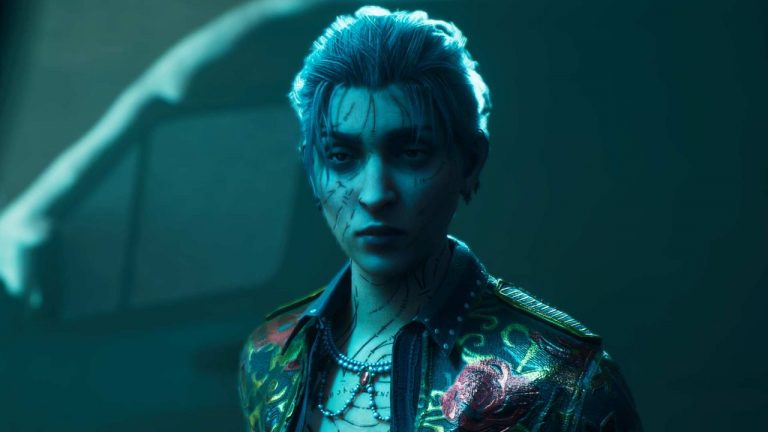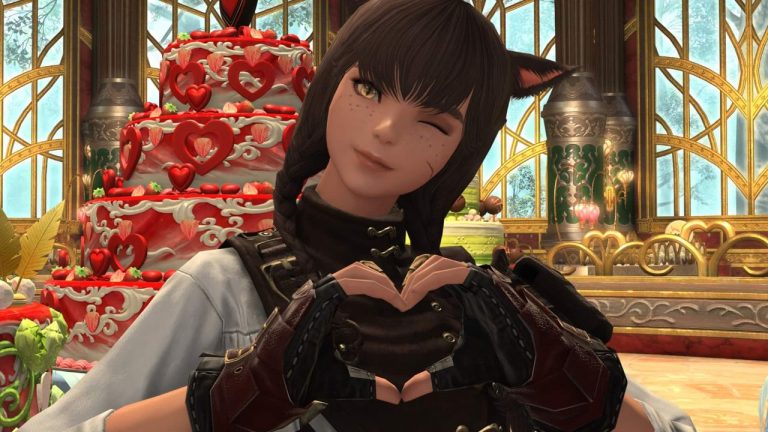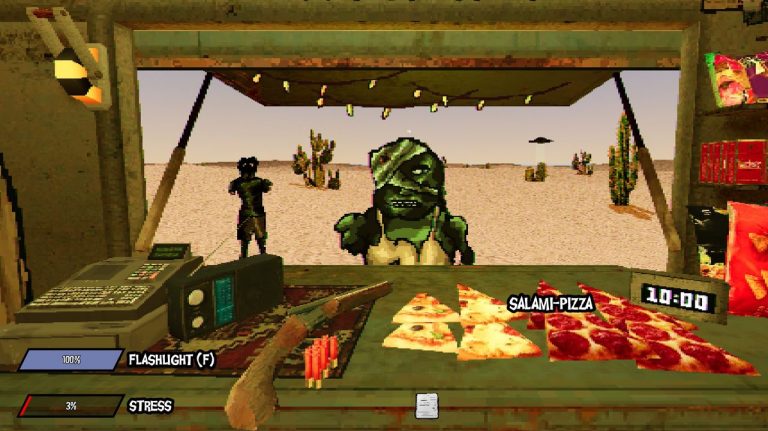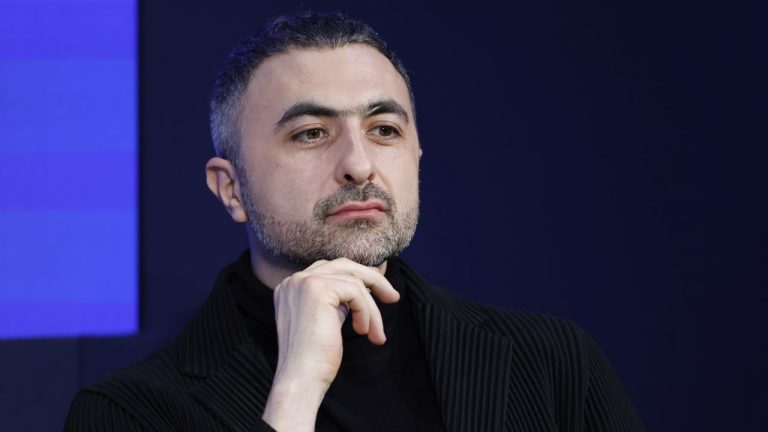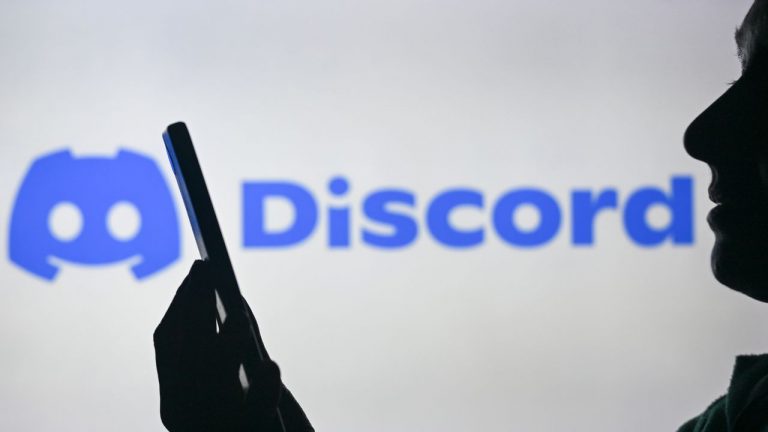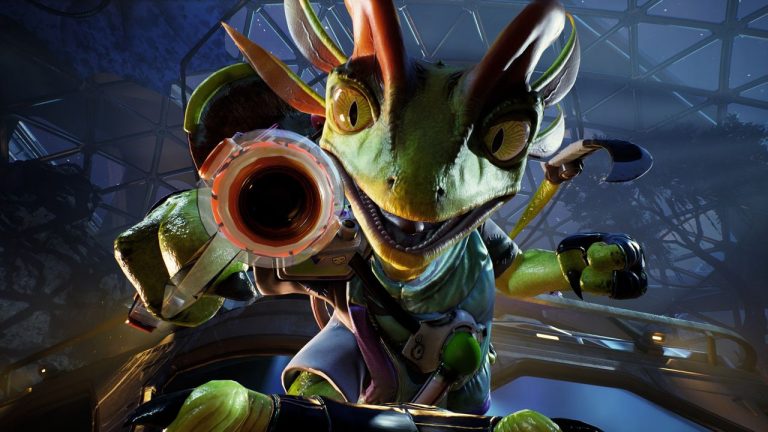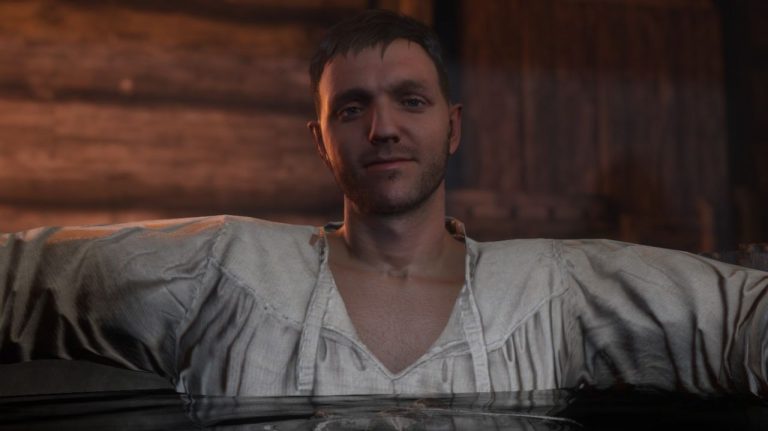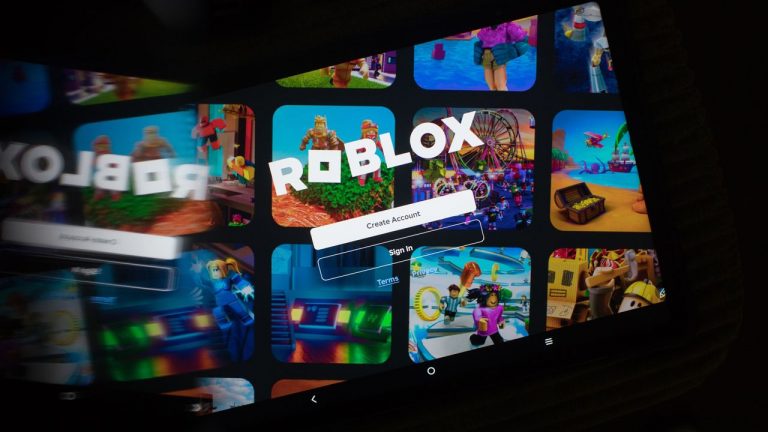What is it? A remake of a horror legend with a few surprises of its own.
Expect to pay £60/$70
Release date October 8, 2024
Developer Bloober Team SA
Publisher Konami
Reviewed on Intel i9-13900HX, RTX 4090 (laptop), 32GB RAM
Steam Deck Unknown
Link Official site
I don’t envy Bloober Team. Nobody actually wants the difficult task of updating something as nuanced, emotionally sensitive, and revered as Silent Hill 2. The original has been praised for decades, and picked apart by fans eager to understand every last detail for just as long. It’s a game where every strange texture and odd room decoration means something, the game’s unforgettable atmosphere held together by the finest of threads.
This modern remake of that legendary tale gets off to a great start, offering an extensive range of graphical settings and accessibility options. It doesn’t take long to tweak the game into a smoothly running raytraced beauty, or to adjust the controls and their behaviour so they’re just the way I like them. A personal favourite is the option to swap the standard ‘mash to get monsters off me’ action for a simple button hold instead—a small gesture that allowed me to concentrate on the horrors around me instead of being distracted by an aching thumb.
WE COM !
(Image credit: Konami)
Those horrors look impressively familiar, even decades removed from the game’s PlayStation 2 debut. The rust-covered hellscapes, the signage, the glistening sacks of flesh scuttling past locked-up homes tumbling into the abyss—it’s easy to believe Silent Hill 2 always looked this good, but that illusion takes a lot of hard work.
The remake’s treatment of the series’ signature fog is just as remarkable. It seems to roll over the scenery, pool in dirty corners, and settle on the ground. It’s a choking physical presence that can move and change intensity, something protagonist James Sunderland has to force himself through, rather than a simple cloudy overlay trying to obscure my view.
In spite of the upgraded fog, Silent Hill 2 is easier to navigate than ever before, with James’ traumatic stroll around town assisted by the returning auto-annotated map—its scribbled notes and eye catching circles around key features still the best in the genre—and a new visual aid: white cloth. This more subtle take on modern gaming’s yellow paint can be found draped over vaultable bits of scenery or wrapped around objects James can interact with, helping to cut though the visual noise that naturally occurs in cluttered, high-detail environments like the ones found here. Once I learned to look out for these visual tells, even working my way through the dark nightmares of the Otherworld while being chased by monsters seemed easy.
(Image credit: Konami)
And it’s a good thing, too, because while the story’s general structure is the same as before, the maps for each major location have been completely redesigned. All of the key features are still in there, somewhere—a doctor’s office, an ornate clock, gallows in the middle of an unnervingly large area—but appropriately it plays like a hazy recollection of the original, with snatches of the familiar transformed into something new and different. Much like being trapped in a nightmare, it’s a collision of the familiar and unfamiliar, leading you down paths you think you know, only for you to become totally lost. My old experiences and favourite FAQs were of little use here, and that helped the remake feel as fresh and dangerous as the original.
Some of these curveballs come from the game’s mix of new and redesigned riddles. The standard difficulty is pitched just right, giving me something flavourful and satisfying to solve without needing to be tracked in a notebook. Sadly, the new physical puzzles are less successful, too often involving pushing a box from one place to another, and the chance to update or omit a few of the original’s less exciting challenges wasn’t taken. Dropping a few cans down a third floor garbage chute to dislodge a key item wasn’t a fun, clever, or thematically relevant puzzle 23 years ago, and it hasn’t got any better with age.
Many of the better puzzles that didn’t make the cut have been transformed into non-interactive echoes of the past. Newcomers will no doubt wonder why anyone would leave a horseshoe covered in wax lying around, but returning fans will immediately understand the reference. These optional discoveries silently seem to imply that James’ 2024 adventure is just the latest loop in an endless nightmare, layers upon layers of jumbled torments, but they also serve as an awkward reminder that I’m playing another developer’s take on Silent Hill 2, rather than the original team’s.
Monster mash
(Image credit: Konami)
As clever and restrained as Silent Hill 2 can be, sometimes its horrors take on more straightforward monstrous forms, writhing in corridors and spitting… I don’t even want to wonder what fluid these tied-up sacks of flesh spit, really. Even on the default combat difficulty setting, and with decades of experience with the original game under my belt, these beings are still vicious—to survive, I had to treat even the lowliest monsters with caution.
Or bash what I hoped were their heads in with an iron pipe. Close range combat is scrappy and frantic. Technically, it’s also very simplistic—just keep smashing the attack button until they fall over—but when we’re talking about a desperate man trying to fight off unknowable, hideous entities with whatever he has to hand, an elegant, complex system doesn’t necessarily sound like a good fit. Basic, violent clobbering makes a lot more sense. Unfortunately, it also has diminishing returns.
It was great, for about an hour. And then the monsters kept coming. And coming. And coming. Silent Hill 2 mistakenly believes that being assaulted by two pairs of legs fused together at the waist is the most exciting thing that could happen to anyone, and forces ‘surprise’ encounters with these monsters (and several other common types) far too often, failing to maintain the horror. Before long, I stopped being afraid and just became bored.
(Image credit: Konami)
Silent Hill 2 always set itself apart from its competitors by being a deep, thoughtful horror game. The original wanted me to take my time, to imagine something awful lurking just out of sight in the fog. The remake seems to think I have no imagination at all, that only monsters are scary (and only if I can see them), and if it doesn’t keep up its high MPM (Monsters Per Minute) then it’s not frightening me enough.
The remake takes this train of thought so far that a few sections forced me to shoot my way through arena-like monster clearouts, which only served to highlight how unsuited Silent Hill 2’s protagonist is for all-out combat. The new dodge action did little to help—twitchy monstrosities leaping about in the dark aren’t exactly great at giving clear visual tells—and the game’s overreliance on it reduces these violent fragments of James’ broken psyche to plain old monsters. He is by design an ordinary guy in an extraordinary situation, not Chris Redfield, and he shouldn’t have to act like a discount version of Capcom’s beefy boulder-punching hero to survive his own story.
This misjudged focus on combat has also worked its way into the game’s boss battles, too. These fights were never a highlight in the original but did at least serve the story well—and they tended to be over before any serious grumbles started to form. The remake correctly identifies these segments as a weakness, but then ‘fixes’ them by making them much longer, with a few even going through patience-testing multi-phase, multi-location, changes in the process. If there’s one part where this remake completely misunderstands the original game, it’s here. Angela in particular deserves better, the twisted domesticity of her old-themed boss battle transformed into a bombastic mano-a-mano between James and the ‘Abstract Daddy’ that takes the focus away from the only person who mattered in this scene.
Shattered memories
(Image credit: Konami)
In many places Bloober Team has seized the opportunity to offer a fresh twist on a true classic, and pulled it off perfectly. I enjoy listening to Akira Yamaoka’s new arrangements of his old soundtrack—a cursed radio screeching through my headphones as I explore old locations given a second lease on life. I love being able to quickly brush James up against a door to see if it’s locked instead of making him manually rattle a corridor’s worth of handles. I’m thrilled just to be back here, to have an excuse to play some version of this amazing story again.
But the stumbles can’t be ignored, and at times even manage to display a worrying lack of understanding of the source material. A few key cutscenes, the sort that sent shivers up my spine on far weaker hardware, fall flat in their modern forms, the direction stiff and wooden where it used to be raw and emotive. Mystery and suspense is too often replaced with unnecessary close-up reaction shots and another bunch of leggy monsters in the shadows, as if someone was concerned that the one game that can definitively prove it’s adored for being a subtle, understated, psychological experience might be called boring instead of brave.
When it’s good it’s excellent: any game that hews as closely as this one does to something with Silent Hill 2’s high standards can go toe to toe with any other modern horror game. But it relies too much on its repetitive, violent encounters, and I just wish it had been a little more careful to capture the spirit, as well as the look, of the original.


